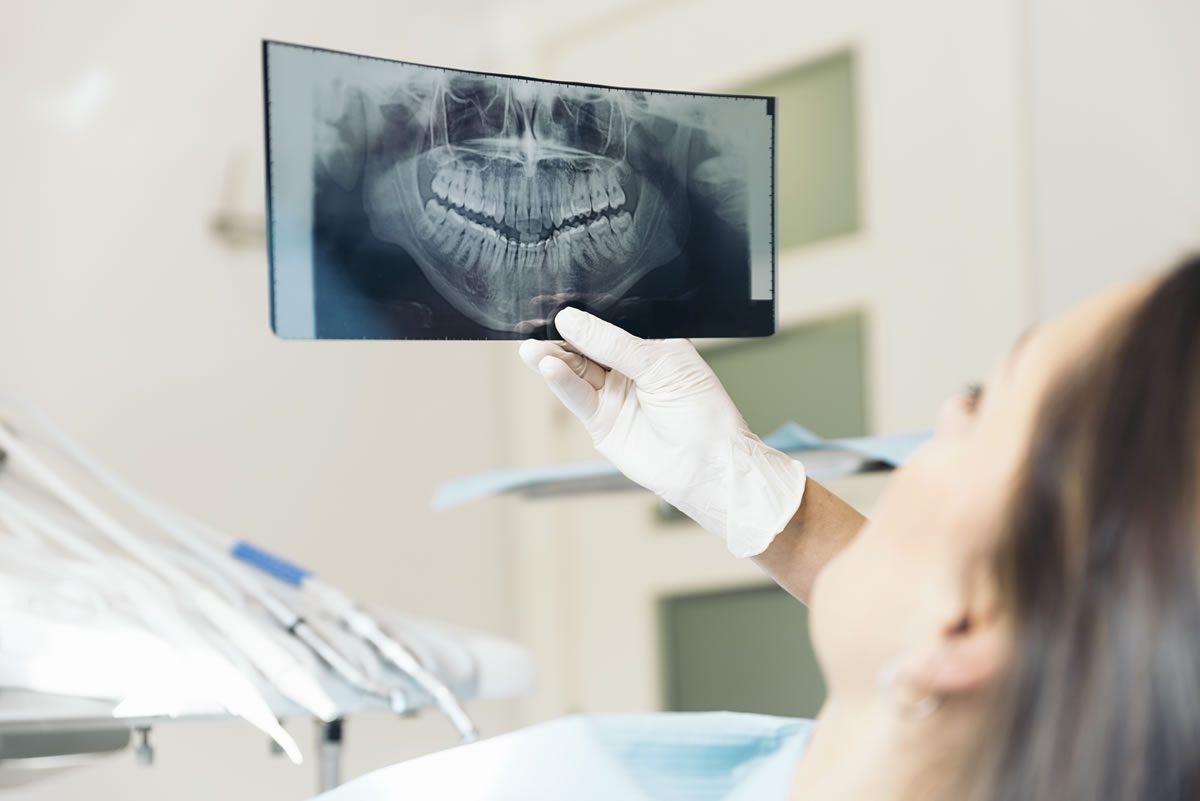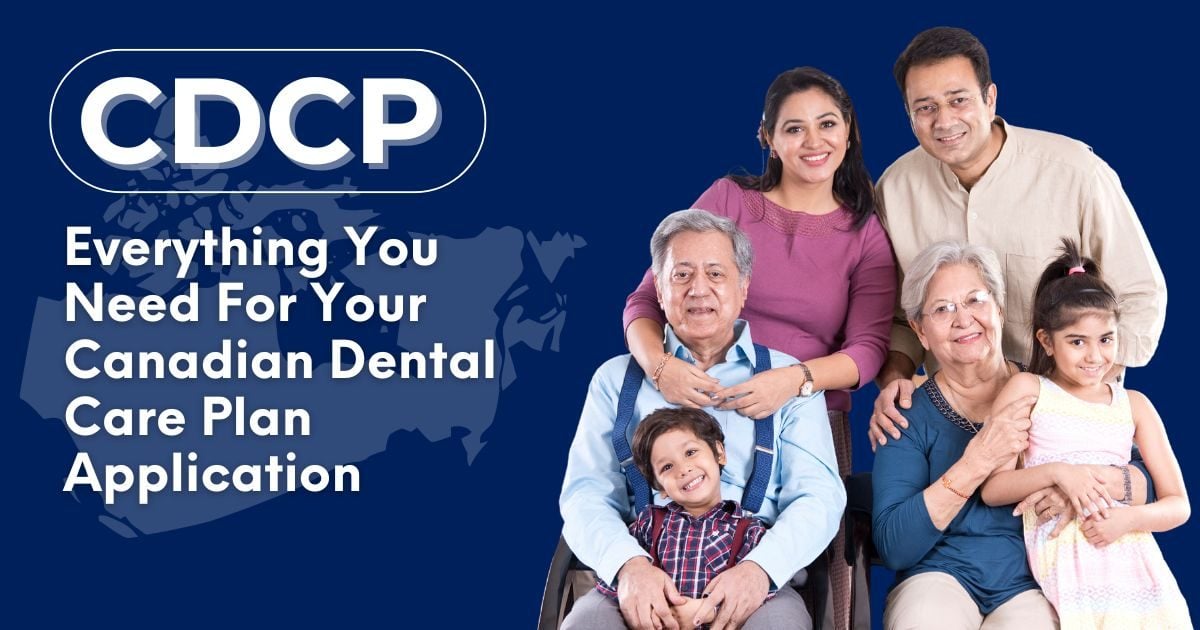If you visit your dentist regularly, you likely experience getting a dental X-ray every few visits. These X-rays are extremely useful for dental professionals looking to diagnose oral issues and see what is going on below the surface of your gums. You may have wondered to yourself just how useful and safe these X-rays are they when you are exposed to them regularly. Well, we’re here to give you the answers you’re looking for!
Read on to discover everything you need to know about dental X-rays.
What are dental X-rays?
Dental X-rays are 2D images that highlight the bones and tooth anatomy in your mouth below the surface of your gums and enamel. There are two types of dental X-rays: film and digital. Digital is replacing film, as it has done in many other technologies, as it emits approximately 80% less radiation than film X-rays, is a quicker process, and is easy to archive. Because of these major benefits, all 123Dentist practices use digital X-rays exclusively.
Dental X-rays can either be intraoral X-rays, which involve taking the X-ray image from inside the mouth, or extraoral X-rays, which are taken outside of the mouth, generally around the jaw area. Intraoral X-rays show fine details in the teeth and their supporting bones that allow your dentist to identify cavities, tooth development, root health, and the tooth’s anchoring to the jaw bone. Extraoral X-rays focus more on the larger structural bones of your head, specifically your upper and lower jaw. These images help dentists identify issues such as impacted teeth, monitor jaw joint health and development, and see fractures or breaks clearly.
How often do I need to get a dental X-ray?
123Dentist practitioners avoid taking unnecessary dental X-rays to ensure patients are not exposed to radiation any longer than needed. X-rays are treated as a diagnostic tool, meaning they are used when it is necessary in order to give accurate diagnoses. If you are in good oral health and your dentist does not believe you have dental issues that need close monitoring, you will likely only receive a set of dental X-rays once every 24 to 36 months. That being said, each set of X-rays ordered by a dentist is done so on a case by case basis to ensure that you are receiving the dental care that’s best for you. If you have dental issues such as, cavities, tooth root problems, gum disease, gingivitis, or concerns about your jaw, you will receive the amount of dental X-rays that your dentist deems necessary to keep your oral health in tip-top shape.
What can happen if I don’t receive regular dental X-rays?
Dental X-rays are essential in helping dentists identify hidden tooth decay, plaque and tartar buildup, and potential root rot, among other things. Finding these issues as early as possible is essential in implementing an effective treatment plan that can get rid of them. Without dental X-rays, problems that are not immediately visible could go undiagnosed and could get progressively worse, leading to worse problems that are harder to treat and, in some cases, can be extremely threatening to your overall health.
How much radiation am I exposed to during a dental X-ray?
Digital X-rays emit an extremely low amount of radiation. The technical measurement of one full set of digital X-rays is approximately 0.005 mSv, or Millisievert, which amounts to less radiation one would be exposed to during a very short airplane ride. In fact, the amount of radiation emitted from a round of digital X-rays is less than the amount of radiation we are exposed to in one day naturally, from the sun, the Earth, and various technologies we use daily. All 123Dentist offices diligently record patient X-rays and estimated cumulative radiation doses to ensure that patients are never exposed to unnecessary or unhealthy amounts of radiation.
Talk to your dentist
It is always your choice to receive dental X-rays or not, so be sure to talk to your dentist about any questions or concerns you may have. If you do not currently have a dentist, or you are looking for a new dental practice, visit 123Dentist’s full list of dental professionals in the Lower Mainland to find one that suits you best.




 December is finally here, and if you’re not already hyped about the holidays, you’re about to […]
December is finally here, and if you’re not already hyped about the holidays, you’re about to […]

